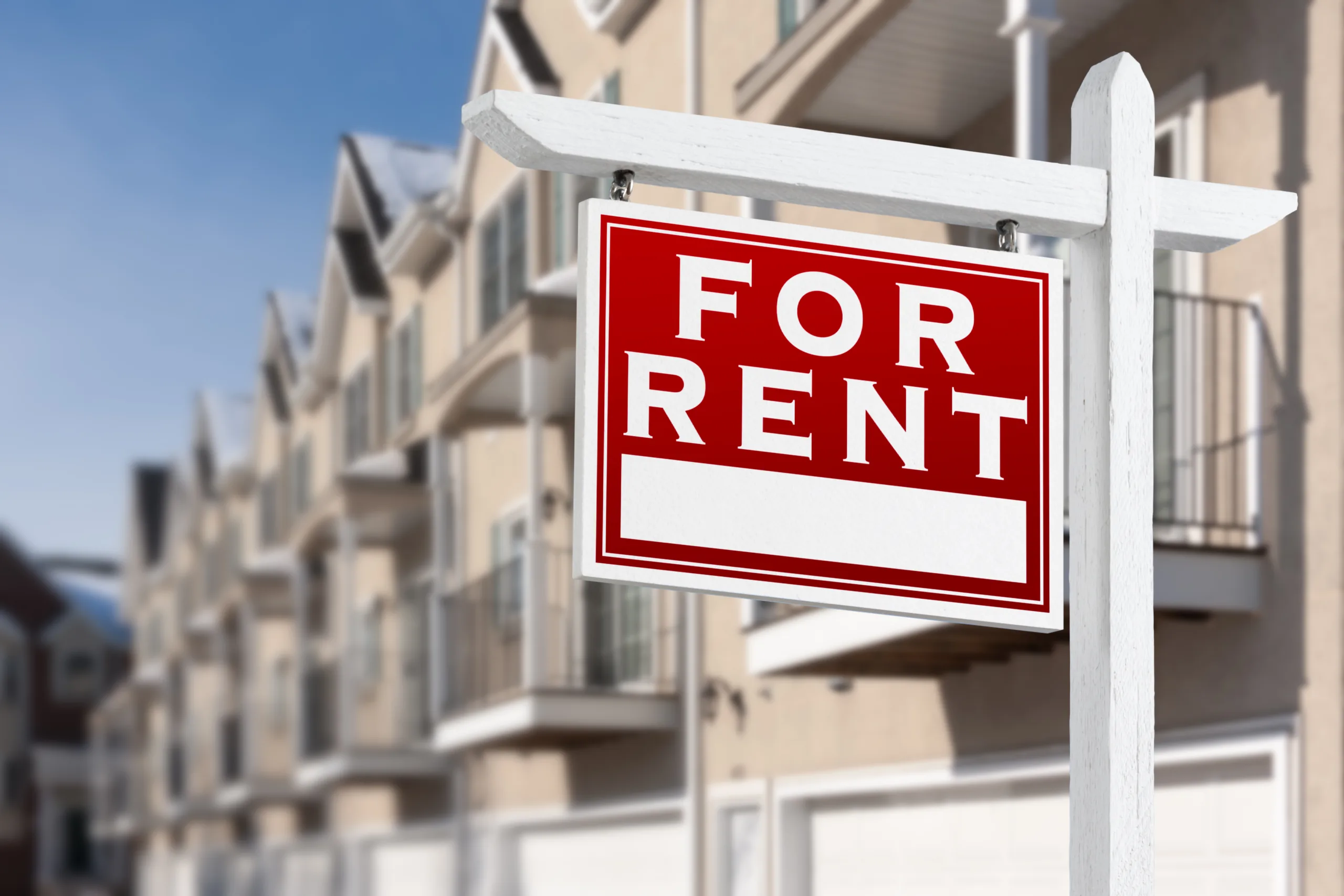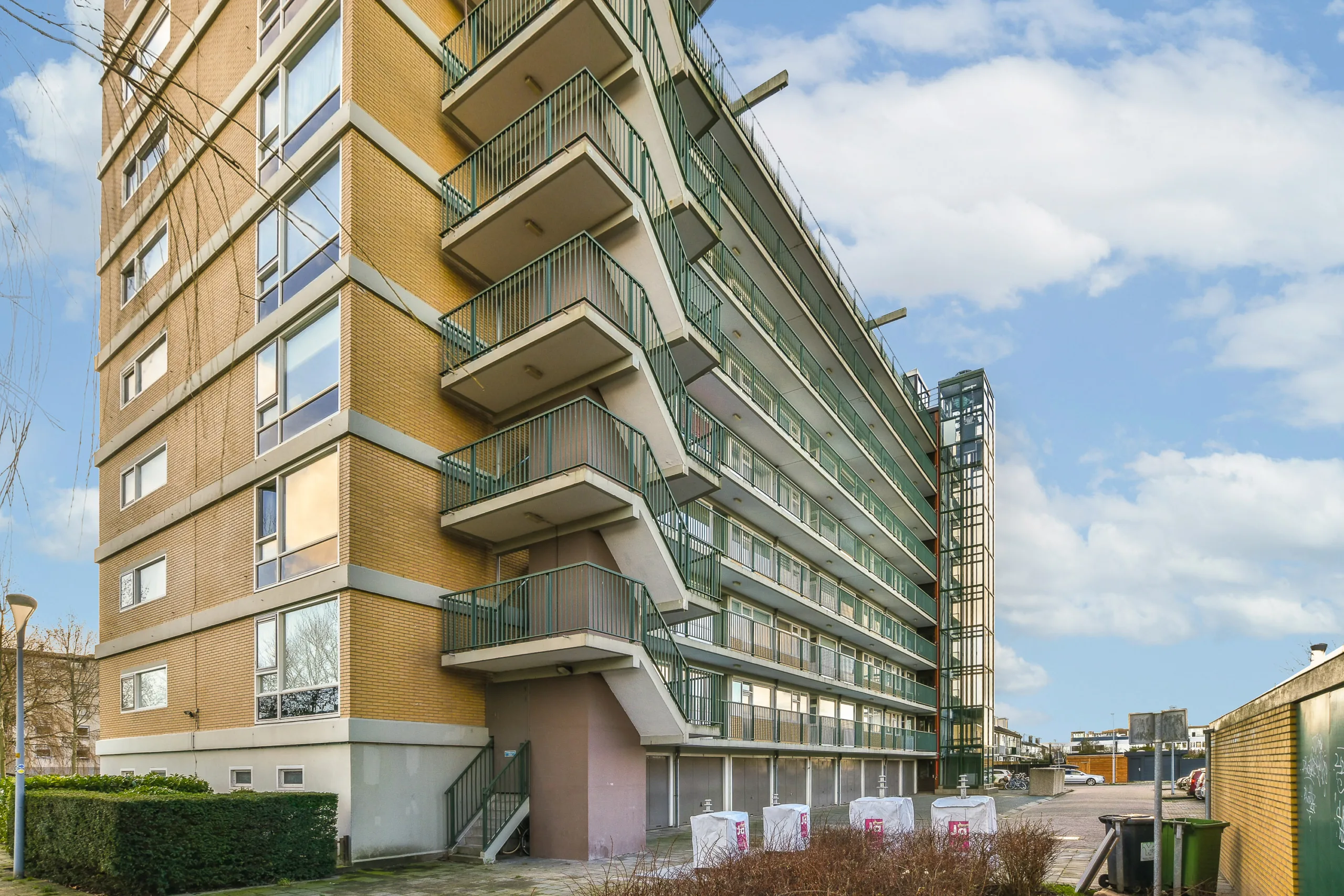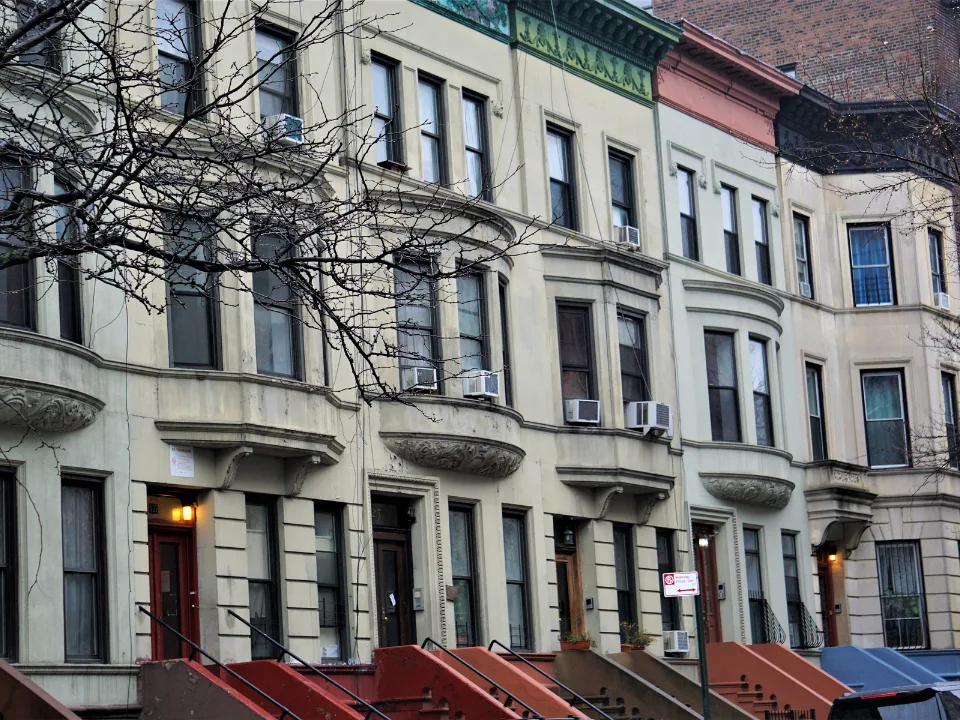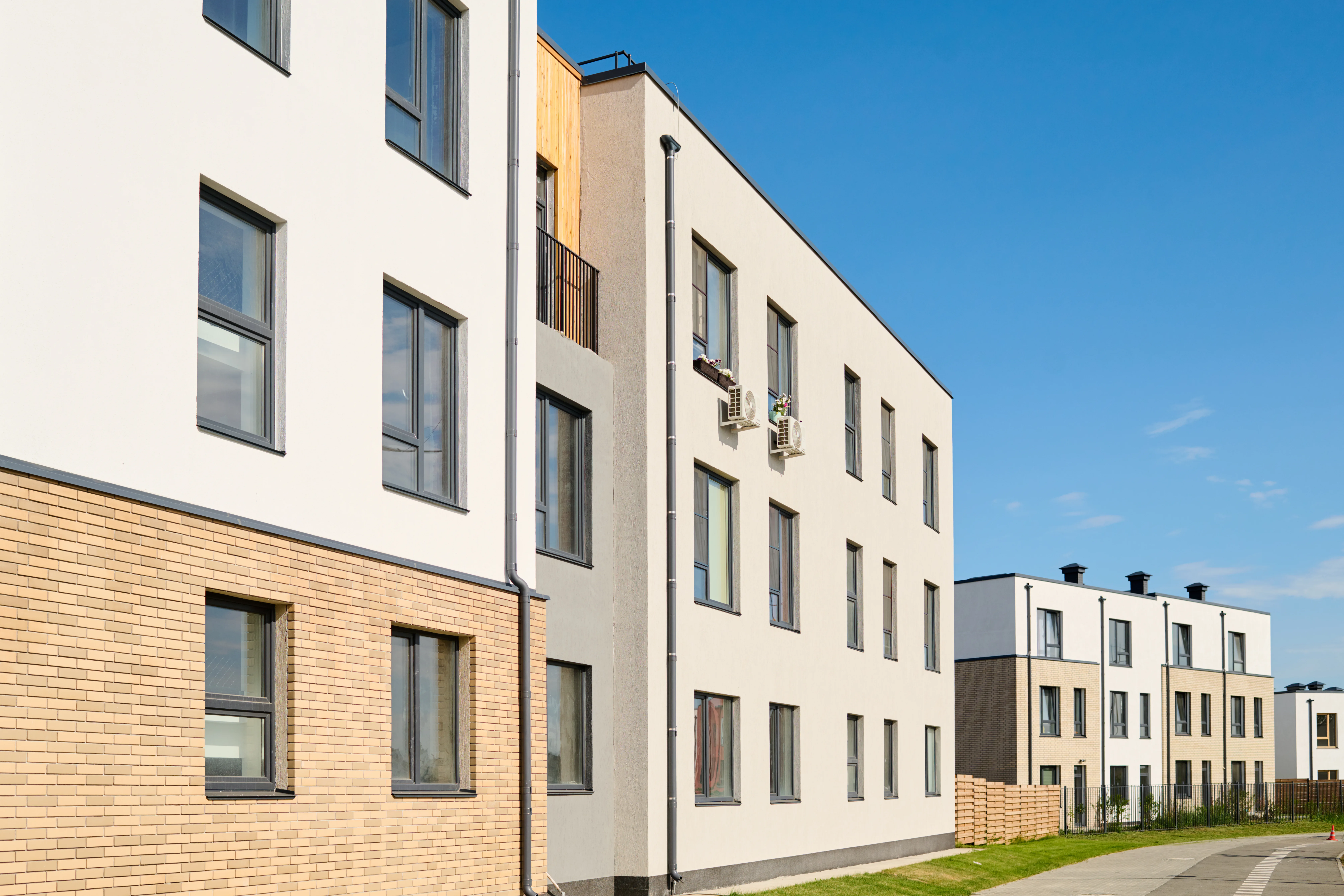- Gen Z cities in 2025 prioritize affordability, entry-level job access, and educational opportunities.
- Minneapolis ranks #1 for its low unemployment, strong youth programs, and cost of living below the national average.
- Midwest and Southern cities dominate the top 10, offering a mix of livability, recreation, and future career growth.
- Innovation hubs like Boston and Austin continue to attract Gen Z with strong education pipelines and startup ecosystems.
As Generation Z—those born between 1997 and 2012—comes of age, their lifestyle choices are already reshaping America’s urban landscape. According to a recent Corebridge Financial survey, nearly 80% of Gen Zers say they’re actively planning for their financial futures, reports CommercialCafe. This suggests their approach to where they choose to live is equally intentional and calculated. The latest city rankings for Gen Z in 2025 reveal a clear trend: affordability, job readiness, and cultural access are key.
Top Cities For Gen Z In 2025
#1 – Minneapolis, MN
Minneapolis reclaims the top spot this year, thanks to a rare combination of affordability (6.4% below the national average), a robust youth population, and the second-lowest unemployment rate in the ranking. The city’s deep investment in career-readiness programs and a strong cultural scene make it especially attractive to young professionals.
#2 – Atlanta, GA
Atlanta’s youthful energy, green space (7.3 parks per 10K residents), and strong university presence cement its status as the top Southern city for Gen Z. Affordable internet and a booming innovation scene also align well with Gen Z’s priorities.
#3 – Boston, MA
The only Northeastern city to crack the top 10, Boston shines thanks to its high educational enrollment (over 61%) and the nation’s largest share of graduate-friendly jobs. While affordability lags, career and learning opportunities more than make up for it.
#4 – Tampa, FL
With a population just over the 400K threshold, Tampa delivers outsized value to Gen Zers. Its affordability, strong job market for new grads, and sunny weather make it a compelling alternative to pricier Florida metros.
#5 – Raleigh, NC
Raleigh is home to the Research Triangle, a major hub for innovation and education. The city offers top-tier STEM opportunities, high job accessibility, and affordable living. These are all crucial factors supporting Gen Z’s upward mobility.
#6 – Omaha, NE
Omaha may fly under the radar, but its cost-effectiveness and booming employment sectors like finance and tech make it a Gen Z sleeper hit in the Midwest.
#7 – Columbus, OH
Columbus is quietly becoming a Midwestern magnet for young adults. Nearly a third of its jobs are tailored for early-career professionals. The city also benefits from a strong educational ecosystem that supports Gen Z’s growth and development.
#8 – Austin, TX
Austin combines a thriving startup scene with thousands of recreational outlets, low unemployment, and affordability—making it a cultural and economic hub for Gen Zers in Texas.
#9 – Houston, TX
As the largest city in the top 10, Houston brings scale: a massive Gen Z population, diverse industries, and extensive entertainment options. Though unemployment is higher, its potential still draws in young talent.
#10 – Kansas City, MO
KC rounds out the top 10 with the most affordable cost of living in the list and a rising creative and cultural profile, proving it’s more than just flyover country for Gen Zers looking to make a smart move.
Get Smarter about what matters in CRE
Stay ahead of trends in commercial real estate with CRE Daily – the free newsletter delivering everything you need to start your day in just 5-minutes
Regional Trends To Watch
Midwest: Affordability Wins
Four of the top 10 cities are in the Midwest—thanks to a winning formula of low costs, strong job markets, and youth-focused investments. Milwaukee and Chicago also rank highly regionally, offering additional options for price-sensitive Gen Z movers.
South: Growth & Opportunity
The South dominates with five cities in the top 10, propelled by job growth, warm weather, and education hubs like Atlanta, Austin, and Raleigh. San Antonio and Baltimore also perform well, giving Gen Z multiple entry points into the region.
West: Innovation at a Cost
Western metros struggle with affordability but remain attractive for their tech ecosystems and lifestyle perks. Tucson and Albuquerque offer cheaper options, while Denver, Seattle, and Portland strike a balance between cost and opportunity.
Northeast: High-Education Hubs
Boston leads the Northeast, with Philadelphia and New York City close behind. While high living costs are a barrier, the wealth of opportunities in education and jobs keeps Gen Z interested in the region’s major cities.
Why It Matters
As Gen Z’s economic and cultural influence expands, cities that prioritize affordability, education access, and quality of life stand to gain the most. For developers, employers, and policymakers, attracting this generation means investing in parks, transit, affordable housing, and career pipelines.
What’s Next?
Expect the map of Gen Z migration to keep shifting as younger cohorts look for cities that align with both their values and their bank accounts. There are over 38K branded residences in the US, and that number is growing. As interest in smart, sustainable urban living increases, even more Gen Z-friendly cities could rise to prominence in the next decade.

















